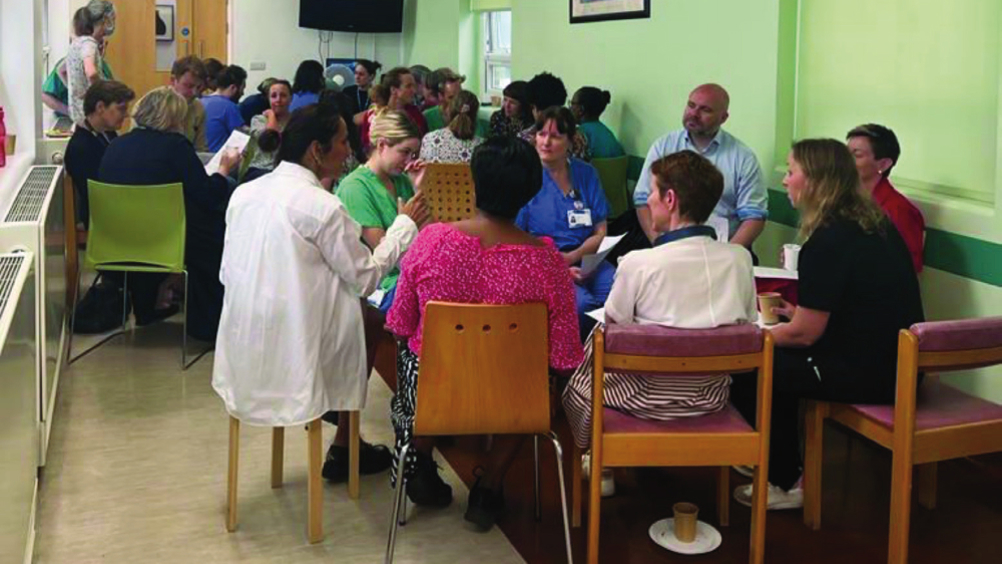References
The Ockenden café initiative

Abstract
In the wake of the Ockenden report, a new initiative has been established at the Whittington Health NHS Trust, to discuss and reflect on patient safety
The Ockenden (2022) report into maternity services at Shrewsbury and Telford NHS Trust identified ‘persistent failings’ and ‘missed opportunities’ at every level of patient care (Javid, 2022; Vize, 2022). The report also highlighted shortcomings in leadership, teamwork and culture.
To ensure that the authors’ patients and team benefited from the report's findings, ‘Ockenden cafés’ were established for staff and service user representatives at their hospital. The aim of the cafés was to raise awareness of the immediate and essential actions from the report, and how these impacted everyone, daily.
Staff were encouraged to drop-in and have an informal discussion on a topic relating to patient safety, with an emphasis on human factors and staff culture, over a cup of coffee. It was hoped that this would encourage staff to discuss and reflect on serious and often difficult to broach topics, with the ultimate aim of improving patient safety.
Register now to continue reading
Thank you for visiting British Journal of Midwifery and reading some of our peer-reviewed resources for midwives. To read more, please register today. You’ll enjoy the following great benefits:
What's included
-
Limited access to our clinical or professional articles
-
New content and clinical newsletter updates each month

